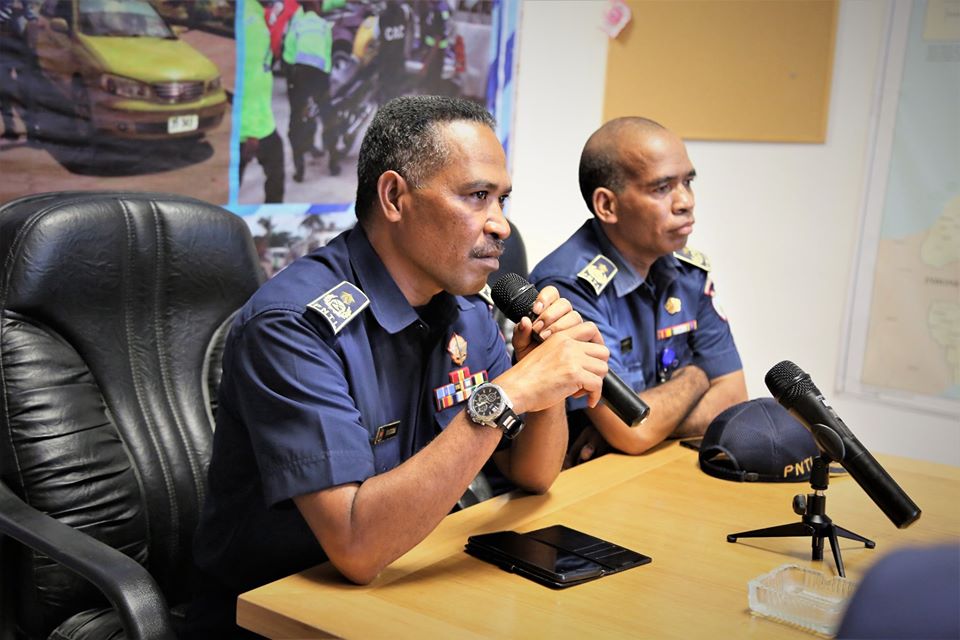Former Timor-Leste President José Ramos-Horta this week issued a heartfelt apology on behalf of his country for “malicious criticisms” directed at foreign citizens and agencies, following the country’s first detected case of Covid-19.
Ramos-Horta’s apology came in response to an interview given by the commander of Timor’s national police, Faustino da Costa, on national TV this week, where he said he was “not happy” with the World Health Organisation (WHO) because “they are not helping the government to fight COVID-19”.
In a statement, ex-president Horta said “some” in Timor-Leste had forgotten the support the United Nations, for which the WHO is an agency, gave to Timor’s independence struggle.
“I apologise to all our guests who work in this beloved land when some Timorese disrespect you. As a citizen of Timor-Leste I bow, head down, and I apologise,” he wrote.
The criticisms provoked a blunt response from the UN’s Resident Coordinator for Timor-Leste, Roy Trivedy, who said in a statement the comments were “highly irresponsible”.
“Such a statement … puts peoples’ lives in danger because as a result of listening to such misinformation, some people may be inclined to stop listening to the advice given by qualified professionals,” he wrote.
Mr Trivedy said he was also concerned that the comments may lead Timorese people to direct threats and abuse at UN staff working in the country.
Timor-Leste has registered just one case of Covid-19 so far – a foreign national who had recently travelled overseas.
Covid-19 has exposed existing tensions between ethnic Timorese and the Chinese community in the country, after the virus spread from the city of Wuhan in January. But the aggression is increasingly targeted towards foreigners of all ethnicities.
One Caucasian-Australian, who did not want to be named, said he’d been told to “go back to [his] own country” by someone with “definite malice” in his voice.
“The number of times I hear ‘malae’ [foreigner] and ‘corona’ in locals’ conversations has increased markedly. Sad developments in a lovely country,” he said.
Timor has had a long relationship with the United Nations. UN officials oversaw the country’s independence referendum in 1999, and later took over transition administration of the country during the INTERFET peacekeeping intervention.
UN peacekeepers returned again when violence flared up in 2006. A significant aid mission remains in the country today, with some 351 local and 115 international staff, a UN spokesman said.
The UN enjoyed broad local support during its 1999-2002 and 2006-2012 missions. But some human rights organisations challenged the immunity peacekeeping forces operated under.
A flashpoint for frustrations was an accident between an International Stabilisation Force (ISF) truck and a motorbike in the capital Dili in August 2007, which killed a Timorese man.
In a submission to a 2008 Australian parliamentary inquiry, rights group La’o Hamutuk explained the ISF accepted no responsibility for the crash, and the family were left destitute, and unable to claim civil damages.
“People cannot trust the ISF if it is responsible only to itself,” the submission concluded.
On Wednesday, Prime Minister Taur Matan Ruak met with Mr Trivedy and WHO country representative Rajesh Pandav to apologise for Commissioner Faustino’s remarks.
“The Government apologises to WHO and stresses that the statements do not reflect the Government or the State of Timor-Leste,” he said.
While Commissioner Faustino himself met with the UN Resident Coordinator Trivedy on Thursday to apologise.
“[Security] is not just a concern of Timorese, but all people, including our diplomats, the foreign citizens living in our country and international staff from the UN,” he admitted.
Ramos-Horta, who received the Nobel Peace Prize in 1996 for his campaigning for Timor’s independence, said his country must show it has a “big heart … in good times and bad times.”
“And, especially in times of serious crisis around the world, as Timorese we must warmly welcome those who came from overseas and who are among us; we welcome them,” he said.

